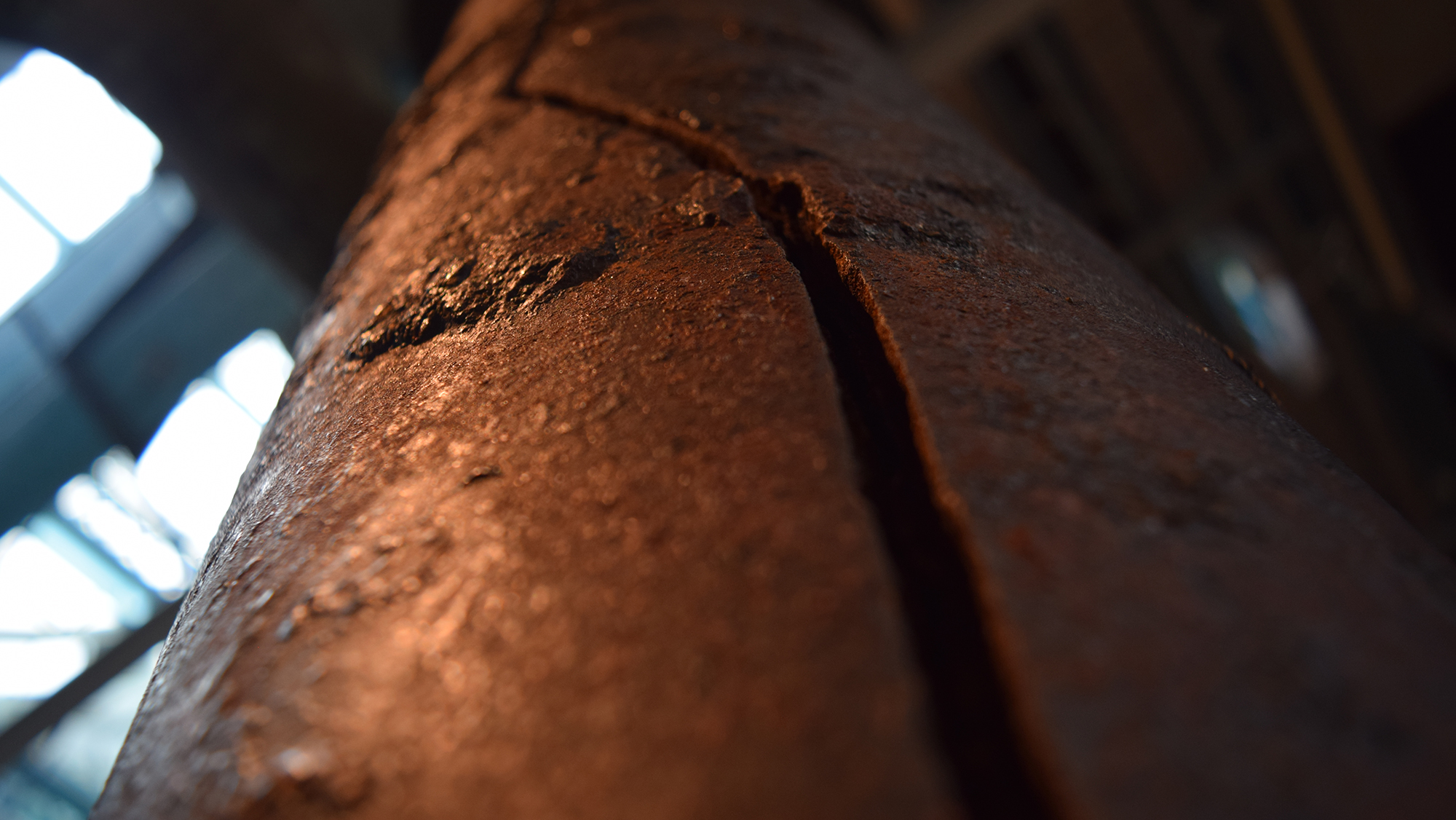
Corrosion is the progressive degradation of materials through interactions with their environments. In turn, corrosion affects the integrity of materials from which infrastructures are engineered.
Corrosion scientists are instrumental in developing methods and technologies in characterizing and assessing materials performance in extreme and corrosive environments to meet technological and scientific challenges in applications critical for society.
Engineers in the field design practical tools for the development of prevention and control of materials degradation and improvement of reliability. There is an ever increasing demand and national need for strategic sectors such as infrastructure renewal, energy (extraction, conversion, and transportation), utilities (in particular water), transportation, production and manufacturing.
Recommended MSEN Electives:
- MSEN 440 Materials Electrochemistry and Corrosion
- MSEN 444 Corrosion and Electrochemistry Lab
- MSEN 446 Corrosion Prevention and Control Methods
- MSEN 489 Failure Analysis
Recommended Specialty Electives:
- MEEN 460 Corrosion Engineering
- CHEM 315 or CHEM 316/318 Quantitative Analysis
Other Relevant Specialty Electives:
- STAT 211/212 Principles of Statistics I/II
- MEEN 455 Engineering with Plastics
- CHEN/SENG 430 Risk Analysis in Safety Engineering
- CHEM 322 Physical Chemistry for Engineers
- CHEM 362 Descriptive Inorganic Chemistry
Relevant Minors/Certificates:
- Corrosion Science & Engineering Certificate
- Statistics Minor
- Safety Engineering Certificate